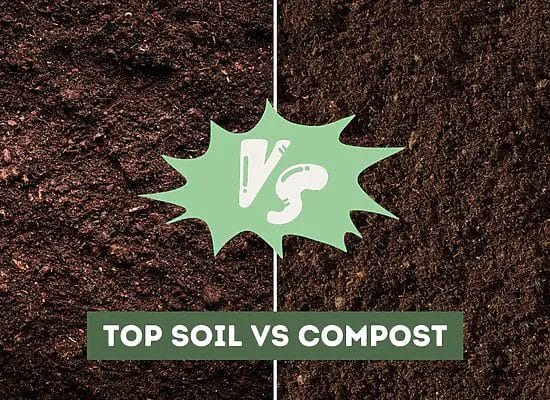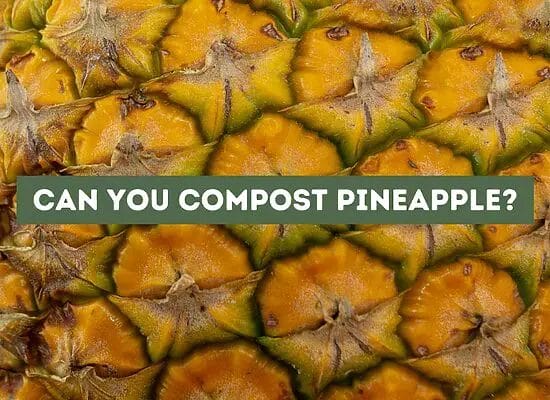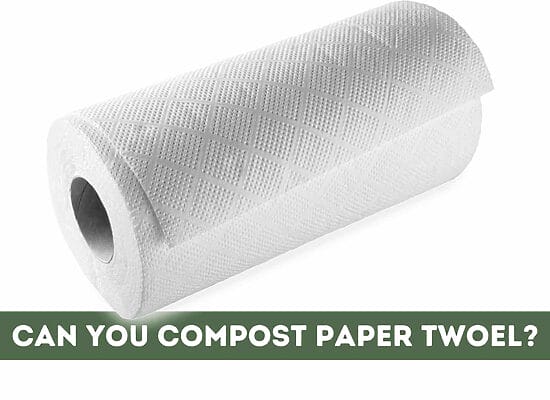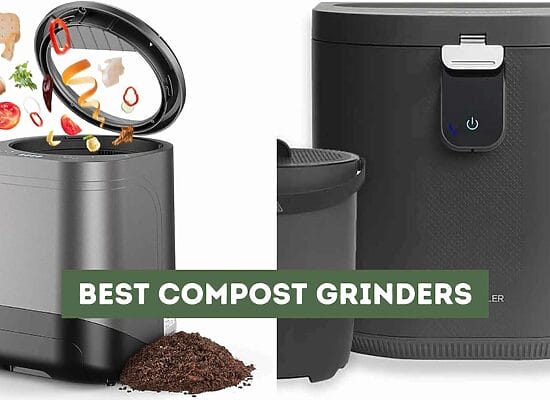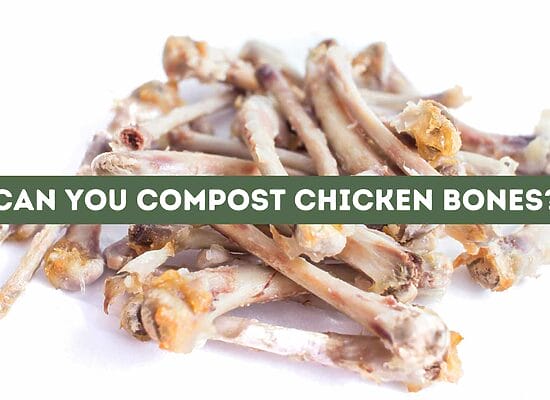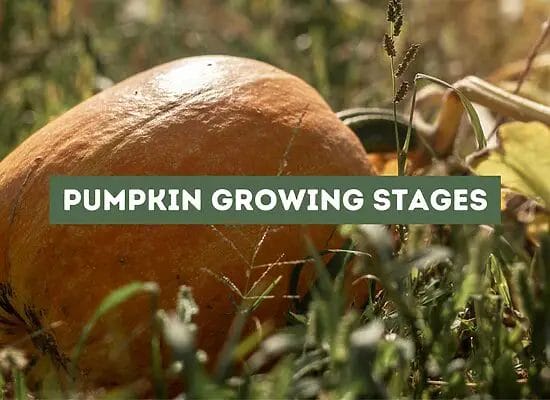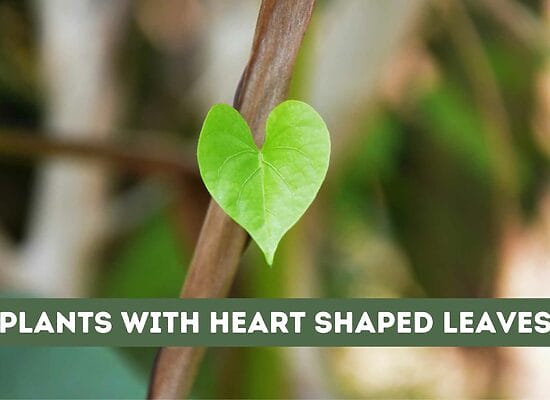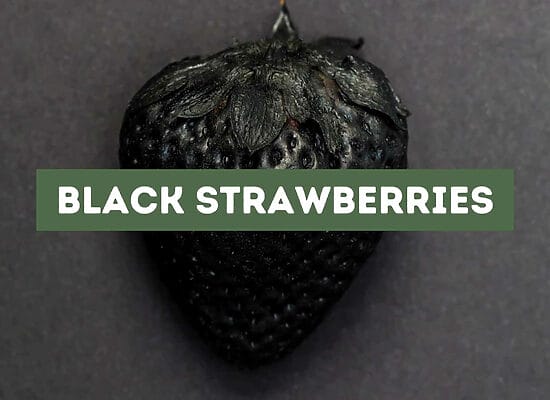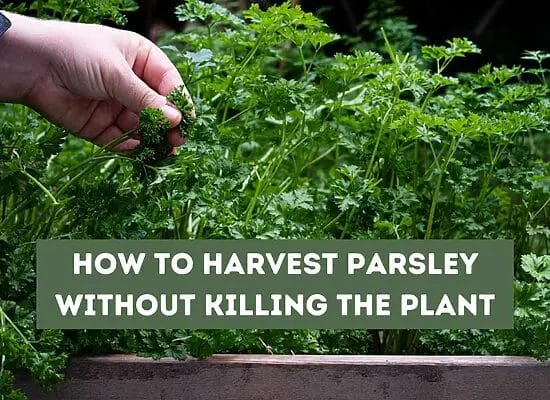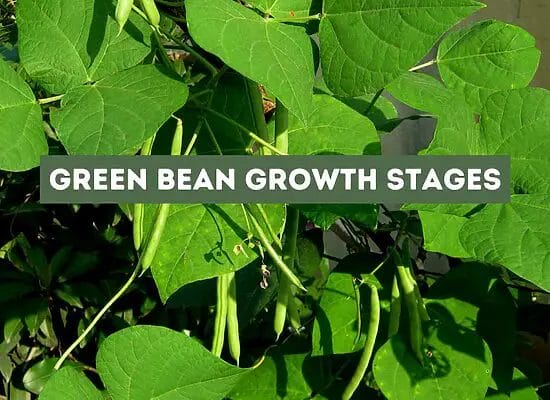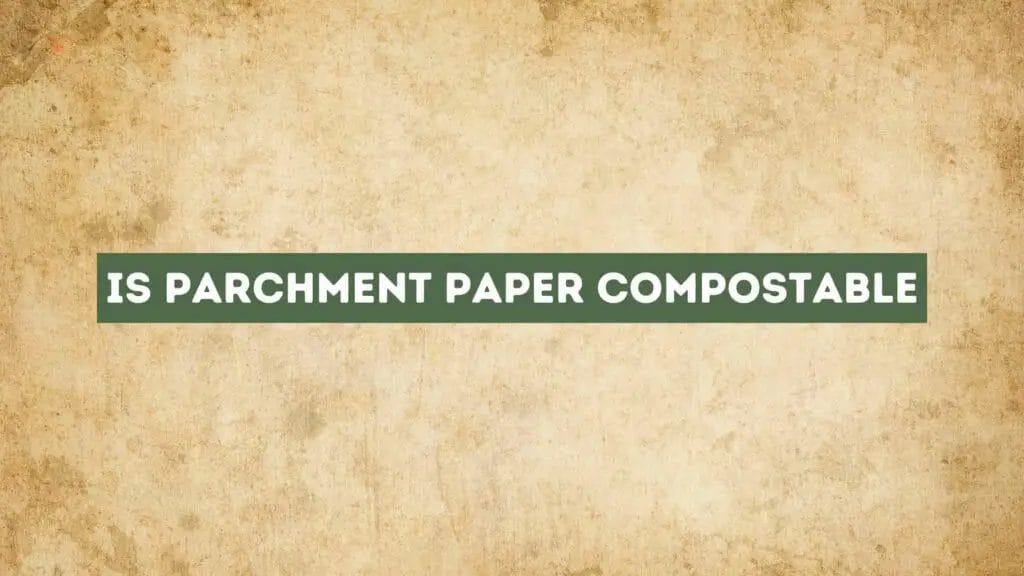
Are you wondering whether parchment paper is compostable? If you’re looking for an eco-friendly way to dispose of your parchment paper, you may be curious about whether it’s safe to add to your compost pile. The answer is that it depends on the type of parchment paper you have.
Unbleached and unwaxed brown parchment paper is the best choice for composting. This type of parchment paper is made without the use of chlorine bleach and does not contain any added waxes or silicon layers. As a result, it will break down easily in your compost pile and can provide a source of carbon for your compost. However, if your parchment paper is chlorine bleached or contains added waxes or silicon layers, it is not suitable for composting.
Key takeaways:
- Unbleached and unwaxed brown parchment paper is the ideal choice for composting due to its natural composition.
- Differentiating between bleached and unbleached parchment paper is crucial for composting success.
- Silicone-coated parchment paper can be compostable but requires proper attention to coating thickness.
- Parchment paper is considered a brown material in composting, rich in carbon content.
- Composting involves microorganisms breaking down organic matter into nutrient-rich soil.
- Maintain the right conditions like moisture, aeration, and temperature for effective composting.
- Choose parchment paper without harmful chemicals and additives for composting.
- Please note that these takeaways are summarized for brevity and may not capture all the nuances of the original article.
Understanding Parchment Paper
When it comes to baking, parchment paper is a kitchen staple that is often used to line baking sheets and pans. But is parchment paper compostable? In this section, we will explore the different types of parchment paper and determine if they are compostable.
Types of Parchment Paper
Parchment paper comes in two main types: bleached and unbleached. Bleached parchment paper is treated with chemicals to make it white, while unbleached parchment paper is the natural brown color of the paper.
Unbleached parchment paper is the better option for composting, as it is made from natural materials and does not contain any harmful chemicals. Bleached parchment paper, on the other hand, may contain chemicals that can harm the composting process and should be avoided.
Silicone Coating
Many parchment papers are also coated with silicone to make them non-stick. While silicone is generally considered safe for composting, it is important to check the packaging to ensure that the silicone coating is not too thick. A thick silicone coating can prevent the parchment paper from breaking down properly in the compost.
When it comes to composting parchment paper, it is important to remember that it is considered a brown material. This means that it is high in carbon and should be balanced out with green materials, such as fruit and vegetable scraps.
Composting Process
Composting is a natural process that involves the breakdown of organic matter into nutrient-rich soil. Composting is an excellent way to reduce waste and create a sustainable and healthy environment. Here are some essential things you need to know about the composting process.
Decomposition Process
During the composting process, organic matter breaks down into simpler compounds. This process is carried out by microorganisms such as bacteria, fungi, and actinomycetes. These microorganisms consume the organic matter and convert it into humus, which is a nutrient-rich material that plants can use.
The decomposition process requires four main elements: carbon, nitrogen, oxygen, and water. Carbon-rich materials include dried leaves, straw, and paper, while nitrogen-rich materials include food scraps, grass clippings, and coffee grounds. Oxygen is necessary for the microorganisms to carry out the decomposition process, while water helps to keep the compost pile moist.
Role of Microorganisms
Microorganisms play a crucial role in the composting process. They break down the organic matter and convert it into humus, which is rich in nutrients. Bacteria are the primary decomposers in the compost pile, while fungi break down tougher materials such as wood chips and bark. Actinomycetes help to break down cellulose and lignin, which are complex organic compounds found in plant materials.
To ensure that the microorganisms can carry out the decomposition process effectively, it is essential to maintain the right conditions in the compost pile. The compost pile should be kept moist but not too wet and should be turned regularly to provide oxygen to the microorganisms. The temperature of the compost pile should also be monitored, as it can affect the rate of decomposition.
Parchment Paper and the Environment
When it comes to baking, parchment paper is a popular choice for its non-stick properties. However, as with any product, it’s important to consider its environmental impact. In this section, we’ll explore the impact of parchment paper on the environment and alternatives to consider.
Environmental Impact
Parchment paper is made from wood pulp, which means it comes from a renewable resource. However, the manufacturing process can be resource-intensive and may contribute to deforestation. Additionally, many parchment papers are treated with silicone, which is not biodegradable and can harm the environment if not disposed of properly.
When parchment paper is thrown in the trash, it typically ends up in a landfill, where it may take years to break down. This can contribute to greenhouse gas emissions and other environmental issues. However, some parchment papers are compostable, which means they can break down naturally and contribute to soil health.
Alternatives to Parchment Paper
If you’re looking for an alternative to parchment paper, there are several options to consider. One option is to use a silicone baking mat, which can be reused many times and is a more eco-friendly option. Another option is to use unbleached parchment paper, which is free from chlorine and other harmful chemicals.
You can also consider using reusable baking sheets made from silicone or other non-stick materials. These can be washed and used many times, reducing waste and the need for disposable products.
Composting Parchment Paper
If you’re wondering whether you can compost parchment paper, the answer is yes, you can! However, not all parchment paper is created equal, and some types are not suitable for composting. In this section, we’ll explore which types of parchment paper are compostable and how to compost them effectively.
Compostable Parchment Paper
Compostable parchment paper is made from unbleached paper. It contains no harmful chemicals or additives and is safe to add to your compost pile. When added to the compost pile, it breaks down quickly and adds carbon to the soil, which is beneficial for plant growth.
To compost parchment paper, tear it into small pieces and add it to your compost pile. Make sure to mix it well with other compost materials to ensure proper aeration and moisture levels. If you’re using a compost bin, layer the parchment paper with other compost materials to help it break down faster.
Here are some tips for composting parchment paper:
- Tear the parchment paper into small pieces to help it break down faster.
- Mix it well with other compost materials to ensure proper aeration and moisture levels.
- Layer it with other compost materials if you’re using a compost bin.
Non-Compostable Parchment Paper
Not all parchment paper is suitable for composting. Bleached parchment paper, for example, contains harmful chemicals that can harm the environment and should not be added to your compost pile. If you’re unsure whether your parchment paper is compostable, check the packaging or contact the manufacturer for more information.
Here are some tips for dealing with non-compostable parchment paper:
- Avoid using bleached parchment paper.
- Dispose of non-compostable parchment paper in the trash.
Chemicals in Parchment Paper
Parchment paper is a popular kitchen staple that is used to line baking sheets, wrap food, and cook food in the oven. It is made by treating sheets of paper with sulfuric acid or zinc chloride, which partially dissolves certain paper fibers leading to their gelatinous transformation. This treatment enhances the paper’s resistance to heat, water, and grease. While parchment paper is generally safe to use in cooking, it is important to understand the chemicals used in its production.
Chlorine in Parchment Paper
Chlorine is commonly used in the production of parchment paper to bleach the paper and make it white. However, the use of chlorine can result in the production of dioxins, which are highly toxic and can accumulate in the environment. Dioxins can also be harmful to human health, causing cancer, reproductive and developmental problems, and immune system damage. Therefore, it is important to choose parchment paper that is chlorine-free.
Harmful Chemicals
In addition to chlorine, other harmful chemicals can be used in the production of parchment paper. These include perfluorinated compounds (PFCs), which are used to make the paper non-stick. PFCs have been linked to a range of health problems, including cancer, reproductive and developmental problems, and immune system damage. To avoid exposure to harmful chemicals, it is important to choose parchment paper that is free of PFCs.
When choosing parchment paper, look for products that are labeled as chlorine-free and PFC-free. These products are generally safer for human health and the environment. Additionally, consider using reusable silicone baking mats or unbleached parchment paper as an alternative to traditional parchment paper.
Disposing of Parchment Paper
When it comes to disposing of parchment paper, there are a few options available. In this section, we will discuss two main methods of disposing of parchment paper: recycling and landfill disposal.
Recycling Parchment Paper
Unfortunately, parchment paper is not recyclable in most areas. This is because it is often coated with silicone, which is difficult to separate from the paper fibers. However, there are some types of parchment paper that are recyclable, such as unbleached and unwaxed brown parchment paper. If you are unsure whether your parchment paper is recyclable, check with your local recycling center or waste management company.
Landfill Disposal
If your parchment paper is not recyclable, it should be disposed of in the regular trash. However, it is important to note that parchment paper can be compostable under certain conditions. The best choice is unbleached and unwaxed brown parchment paper for your compost pile. However, if the paper becomes contaminated from residues such as fish, dairy, or meat, it should be disposed of in the regular trash.
To dispose of parchment paper in the landfill, simply place it in the trash bin. However, it is important to note that parchment paper should not be burned in a fire pit or fireplace, as it can release harmful chemicals into the air.
FAQ: Is Parchment Paper Compostable?
Can parchment paper be composted?
Yes, parchment paper can be composted. It is made from natural materials and can break down in a compost pile over time. However, it’s important to note that not all parchment paper is created equal. Some brands may use chemicals or additives that make it unsuitable for composting.
Is parchment paper environmentally friendly?
Parchment paper is a more environmentally friendly option than some other types of paper products. It is typically unbleached and made from natural materials, which means it has a lower environmental impact. However, it’s important to consider the specific brand and manufacturing process to determine how environmentally friendly it truly is.
Is parchment paper biodegradable?
Yes, parchment paper is biodegradable. It is made from natural materials that can break down over time. However, it’s important to note that biodegradable doesn’t necessarily mean environmentally friendly. Some biodegradable materials can release harmful chemicals as they break down.
Is parchment paper safe for composting?
Yes, parchment paper is safe for composting as long as it doesn’t contain any harmful chemicals or additives. It’s important to check the label and make sure it’s made from natural materials before adding it to your compost pile.
Can you recycle parchment paper?
Parchment paper is not typically recyclable. It is often coated with silicone, which makes it difficult to recycle. However, some brands may offer recycling programs or alternative options for disposing of used parchment paper.
Is parchment paper sustainable?
Parchment paper can be a sustainable option if it’s made from natural materials and produced using sustainable practices. However, it’s important to consider the specific brand and manufacturing process to determine how sustainable it truly is. Look for products that are certified by reputable organizations, such as the Forest Stewardship Council (FSC), to ensure they meet sustainability standards.


